PROJECTS
Since the early years of Sensor ID’s foundation, we have collaborated on numerous R&D projects together with universities, public and private partners, to expand the skills of our team and develop the products we bring to the market.
An important part of the R&D activity is carried out directly with customers, for whom we create completely ‘tailor-made’ solutions. In fact, we have an in-depth knowledge of the main microcontroller architectures and we are able to design and manufacture electronic devices in-house according to the specific needs of the customer, providing a customized product both in terms of hardware and software.
In particular, in recent years a complete portfolio of electronic modules based on UHF and NFC RFID technology has been developed, for applications in the smart city, industry, medical and security sectors. And, again, an SMD (Surface Mounting Device) production line, which allows the industrialization of the developed products and the creation of prototypes and products of customers and partners.
Finally, we have significant experience in managing European and international IoT projects.
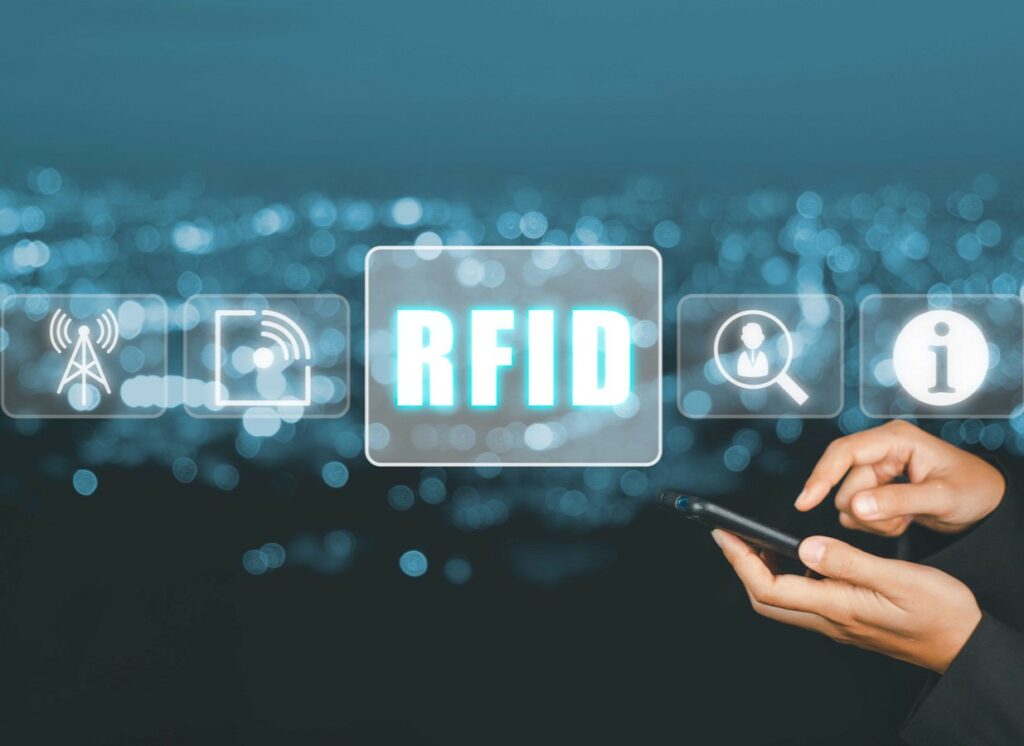
DISCOVER OUR PROJECTS

MONITOR (2020-2023)
The efficient management of production sites, large industrial and commercial warehouses require real-time knowledge of the location of raw materials and assets, within sometimes very large indoor scenarios. For this reason, in recent years there has been a growing interest in RTLS (Real Time Location System) radiolocation techniques, as an indoor alternative to satellite-based geo-location systems.
The aim of the MONITOR project is to develop and prototype a low-cost system that allows relatively small objects, such as tools and packaging, to be located in a highly reliable way, using passive RFID technology. The system does not require the use of a fixed infrastructure, as the RFID reader is moved within the industrial scenario through a robot, favouring a reduction in installation and maintenance costs. The RFID reader is integrated into a wearable device, so that in some scenarios the robot can be replaced by an operator. Finally, a series of sensors will be integrated into the wearable device for monitoring vital parameters and worker safety.
MONITOR is part of the Ministry of Economic Development’s Intelligent Factory call.
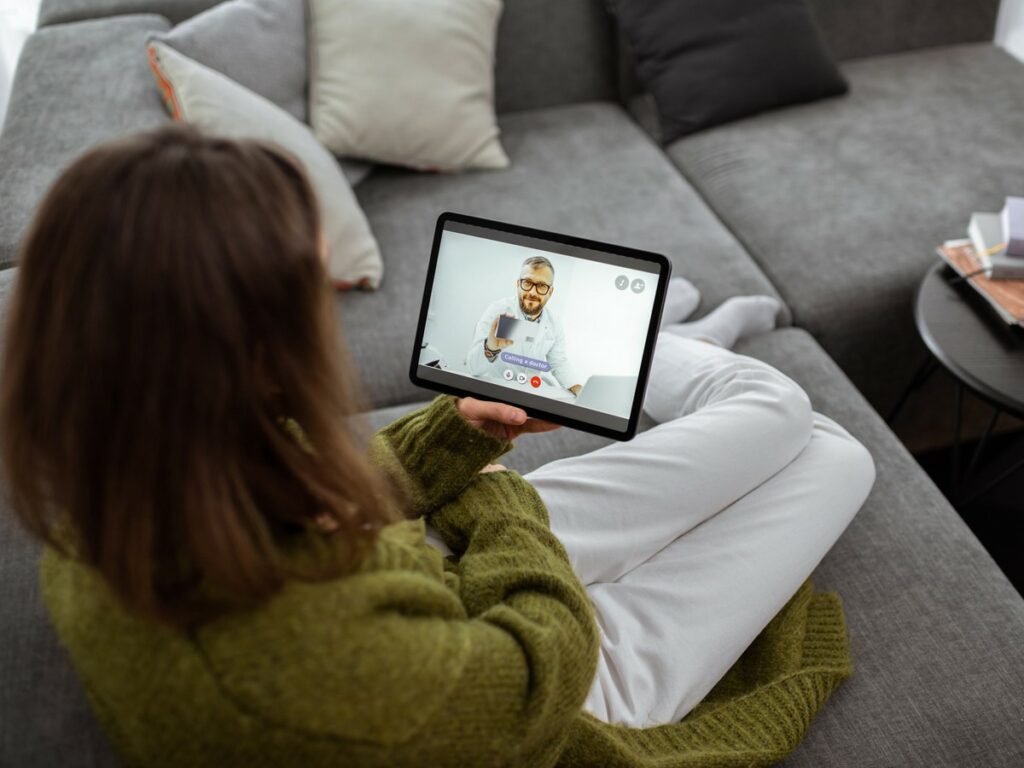
TELEMACHUS (2020)
Telemachus (Telemedicine Monitoring And Collaborative Hub-and-spoke System) was created during the first months of the Covid-19 emergency, to provide support to healthcare professionals in interacting with patients, allowing them to remotely monitor their health conditions and detect suspected cases early, through a smart bracelet and an app.
The solution uses the Global Navigation Satellite System (GNSS) to monitor the patient’s location, anonymously, facilitating timely intervention by healthcare personnel.
The project was developed by an Italian consortium composed of the Polytechnic University of Bari and six innovative companies – including Sensor ID -, led by the Bari strategic consulting company g-nous, and co-funded by the European Space Agency (ESA) in collaboration with the Italian Space Agency (ASI) and the Ministry of Innovation and Digitalization, as part of the “Space in response to the COVID-19 epidemic”.

ICT BLOCKCHAIN (2020)
The aim of the ICT Blockchain Platform project is to create an ICT solution in the IoT field, for waste management based on Blockchain technology and the certification of data derived from collection. The data is obtained through Discovery Mobile, the RFID reader that can be worn by the operator, which automatically identifies the users’ deliveries by reading the RFID tag placed on the bag or bin. The solution complements the Discovery Cloud application, which is already operational, allowing the certification of the information collected on the Blockchain network.
Discovery Mobile sends the collection data to the server and these are encoded on the wearable reader through an ID, which is unique for each device; the server, having received the data, decrypts it, verifies its signature and queries the Blockchain node through a call, then transferring the adapted data. The Blockchain node executes the smart contract by setting the received data as input, which is thus indelibly stored in the ledger and shared with the other nodes of the network. Finally, the Blockchain node returns the certification outcome and identifier.
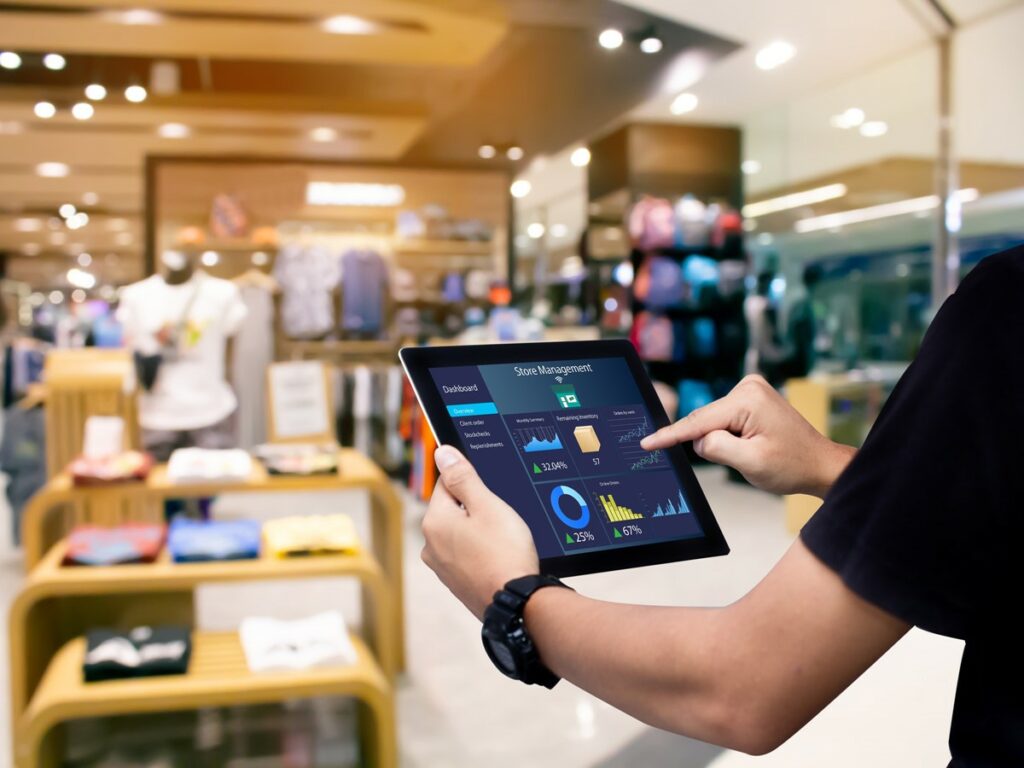
RFIND 4.0 (2019)
RFInD4.0 involves the implementation of a system to carry out inventory, automated and at low cost, inside stores and warehouses, using UHF passive (battery-free) RFID tags applied to products. Passive RFID in the UHF (Ultra High Frequency) band is one of the enabling technologies of the Industry 4.0 plan. The use of low-cost passive RFID tags for automatic identification of products, operators, machinery, and tools is becoming more widespread in a variety of industries, from production lines to logistics to retail. An RFID tag contains an electronic chip with a unique identifier and can be read by a radio wave interrogator at distances of up to 6-10 meters. Compared to the barcode, it is able to store a greater amount of information, is rewritable and readable much faster – up to a few hundred readings per second – without requiring optical visibility.
The project is funded under the POR FESR – ESF MOLISE 2014-2020 measure, and carried out with the Department of Information Engineering of the University of Pisa.
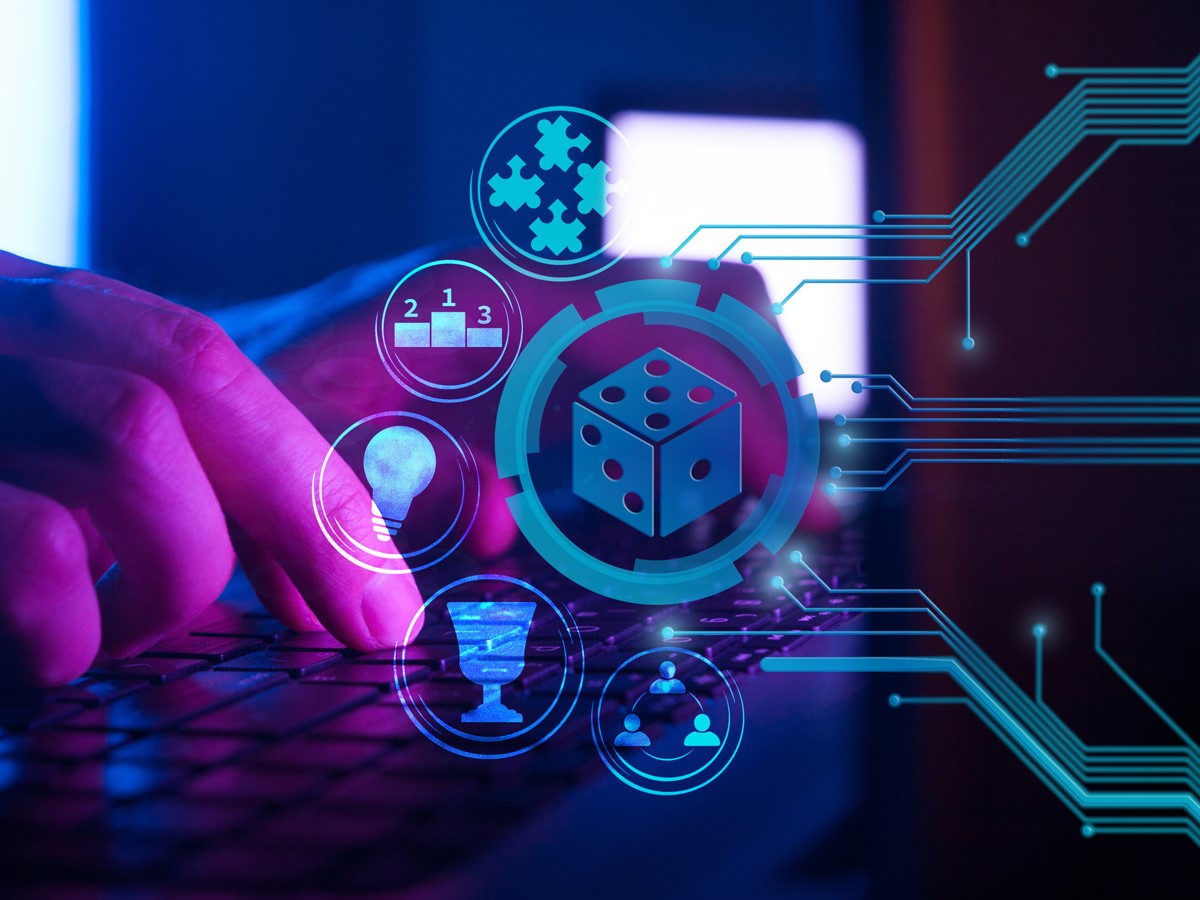
IGAME (2019)
Gamification and game design techniques are increasingly present in the design of health apps and eHealth tools, for creating engaging experiences for patients. The iGame (Multi-dimensional Intervention Support Architecture for Gamified eHealth and mHealth Products) project aims to create a support architecture to improve the effectiveness of gamified eHealth products, fostering the innovation process of eHealth and mHealth (Mobile Health) products.
The aim is to help the digital industry (gaming, IoT and ICT) to innovate new products and services on a scientific and technological basis. The project’s outputs are gamification toolkits, an integrated ICT platform and clinical assessment methodologies as a whole, aimed at accelerating the pace and scale of eHealth innovation, transforming it and improving its quality.
iGame is funded by the European Union under the Horizon 2020 program.
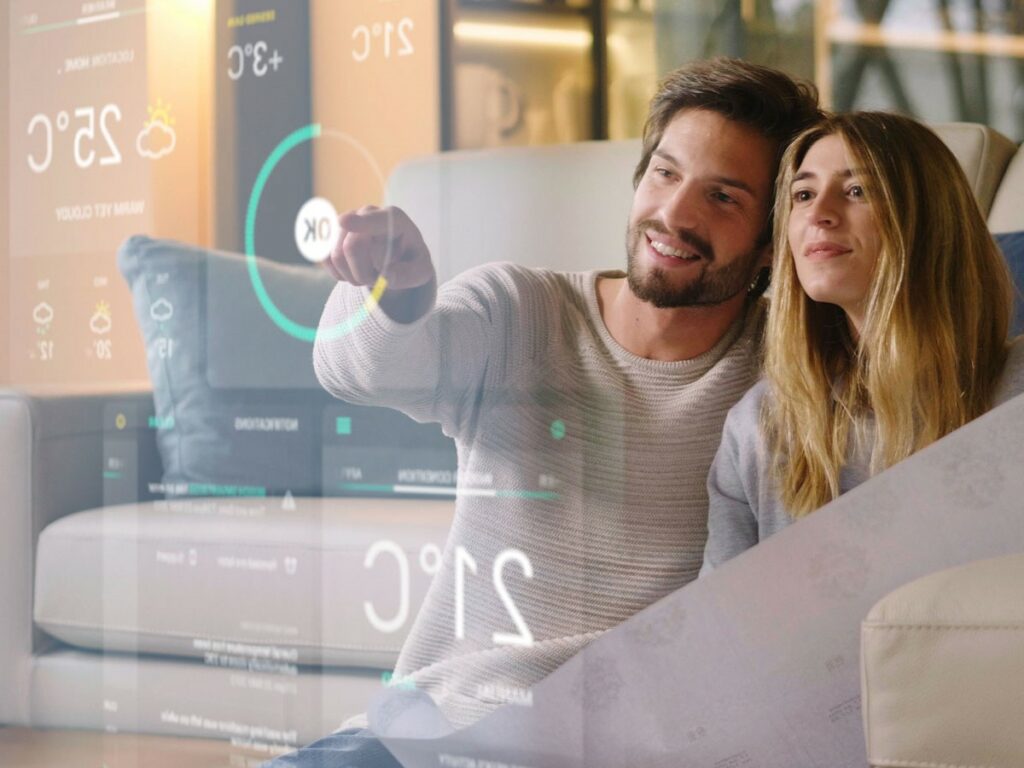
SMART HEAT (2015)
Heating within the walls of the home can have a significant impact on the quality of life of the elderly. The goal of SmartHeat (Smart, secure and user-friendly heating monitoring and control for elderly people) is to radically change the home heating experience, improving the comfort, well-being and health of users, thanks to an intelligent and secure ICT system, consisting of hardware and software components that monitor and control the temperature in every room of the home, independently. The platform is equipped with an intelligent algorithm that captures the user’s habits, controlling the system automatically; a web and smartphone application to allow users to interact with the system from home and away from home, thus useful for family members and caregivers; wearable computing devices, such as wristbands or smartwatches, that help optimize the system based on biometric and environmental parameters.
SmartHeat is funded under the European Active and Assisted Living (AAL) programme, which supports active and healthy ageing.
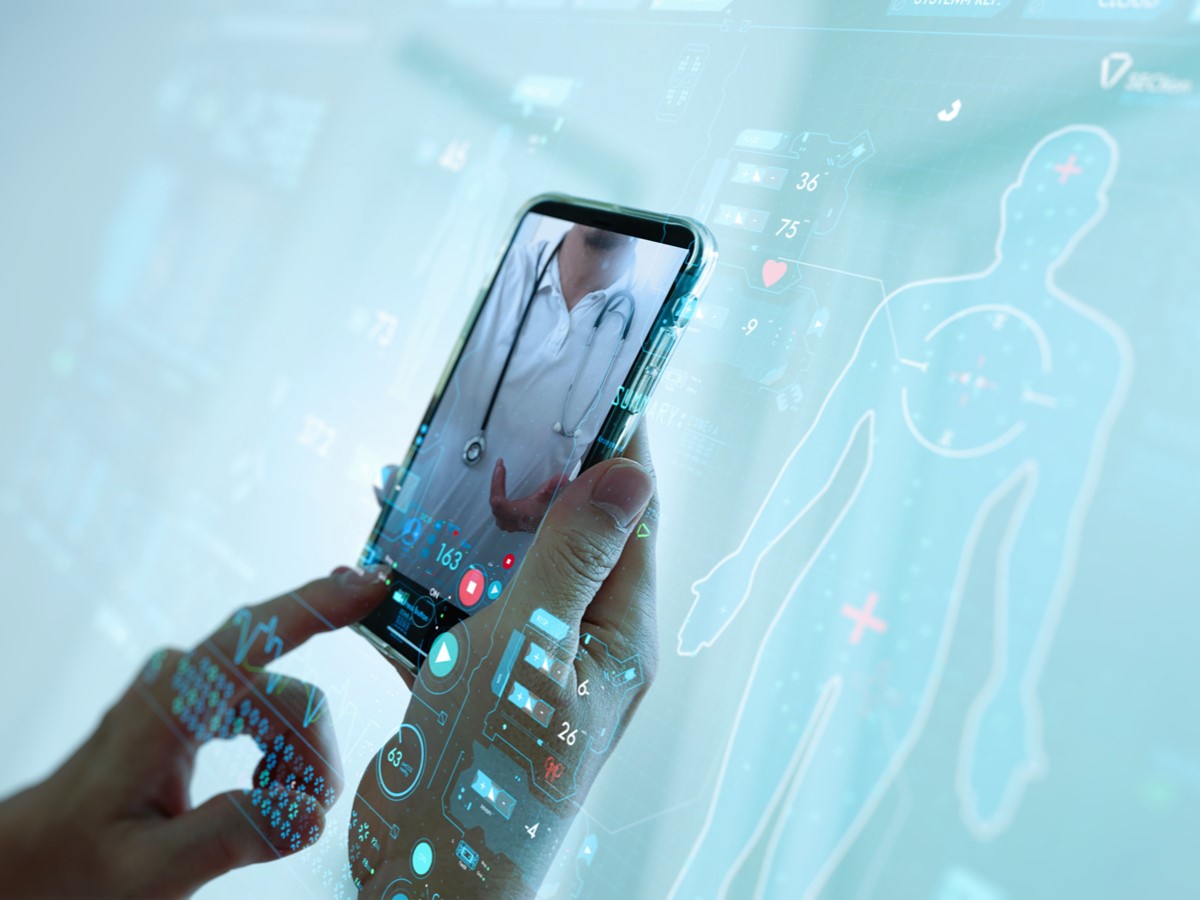
BI.R.SE PROJECT (2015)
Telemedicine is a discipline that combines medicine and information science to monitor the patient remotely and provide clinical care. Despite the progressive decrease in the costs of technologies and the possibility of transmitting ever higher amounts of data, the development of telemedicine is still held back by the high costs of installing the infrastructure. In addition, for the remote monitoring of vital parameters, WBANs (Wireless Body Area Networks) are used, bulky networks of wireless sensors worn by the patient, which use a low transmission power. The project Bi.r.Se. (Biometric Radiofrequency Sensors) is aimed at the study and implementation of an RF sensor for cardiopulmonary monitoring, capable of measuring, processing and transmitting data relating to a person’s vital parameters in a non-invasive way. The goal is to create a compact gadget, such as a key ring, which can be used daily and on a large scale, suitable not only for remote diagnostic applications, but also for monitoring people who practice sports and subjects with suspected arrhythmia.
The project is developed within the framework of the ERDF Molise Operational Programme 2007/2013.


